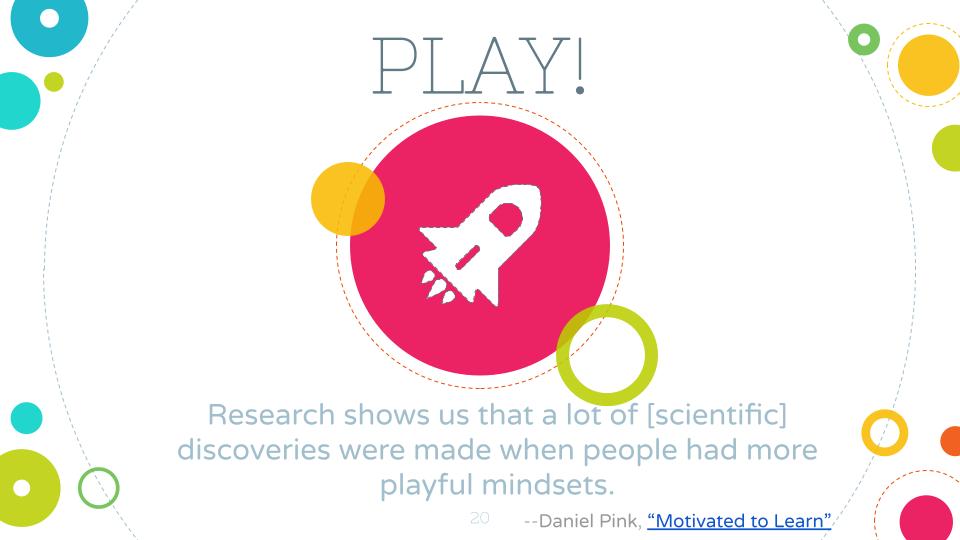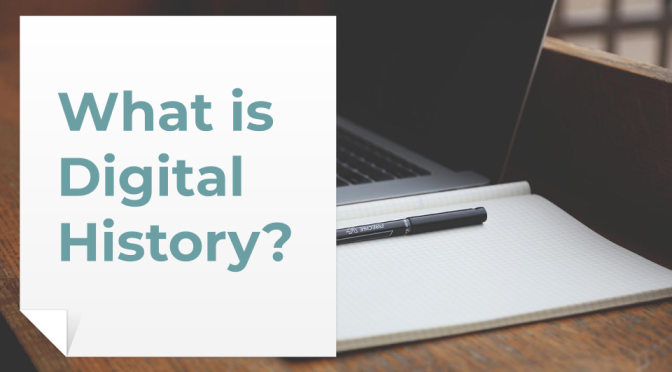Praise for new book
This is the textbook that I wish I had had. I can’t think of a comparable work that weaves such an engaging historical case study together with such a breadth of methodological material, whether applied statistics, computational methods, or source bias. A must read. (Ian Milligan, Associate Vice-President, Research Oversight and Analysis, University of Waterloo)
Read More


